Plasticwaste- Plastikrecycling
Plastic waste is a growing problem that has an impact on the environment and the health of humans and animals. Millions of tons of plastic are produced every year and many of them end up in our oceans, where they take decades to decompose. Plastic waste can cause blockages in the stomachs of marine animals that die as a result, and can also be harmful to human health if it enters our food chain.
One way to combat the problem of plastic waste is to reduce plastic production and use. This can be achieved through the use of reusable materials such as glass, paper and fabric. The introduction of recycling programs and the improvement of recycling technologies can also help to reduce plastic waste.
It is important that governments, companies and individuals do their part to tackle the problem of plastic waste. By working together, we can ensure that we preserve our environment for future generations.
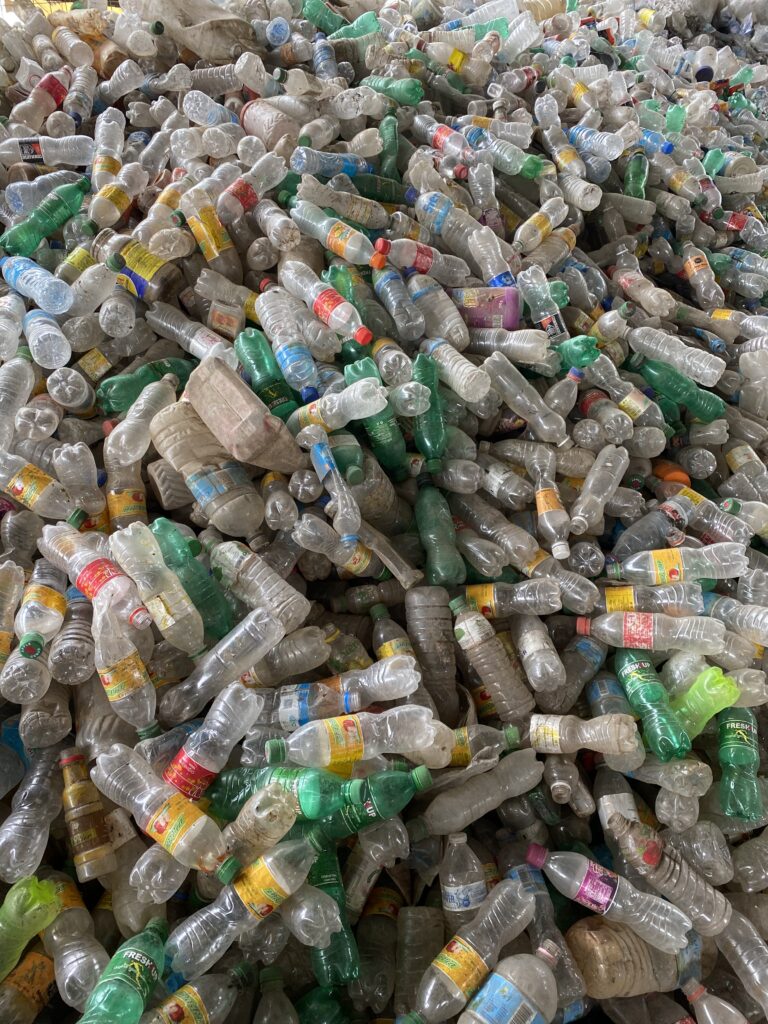
In dealing with our environment and plastics, some of the 17 development goals are particularly noteworthy
- Goal 3: Good health and well-being
- Goal 8: Sustainable business as an opportunity for all
- Goal 11: Sustainable cities and communities
- Goal 13: Implement climate protection worldwide
- Goal 14: Protect underwater life
- Goal 17: Global partnership
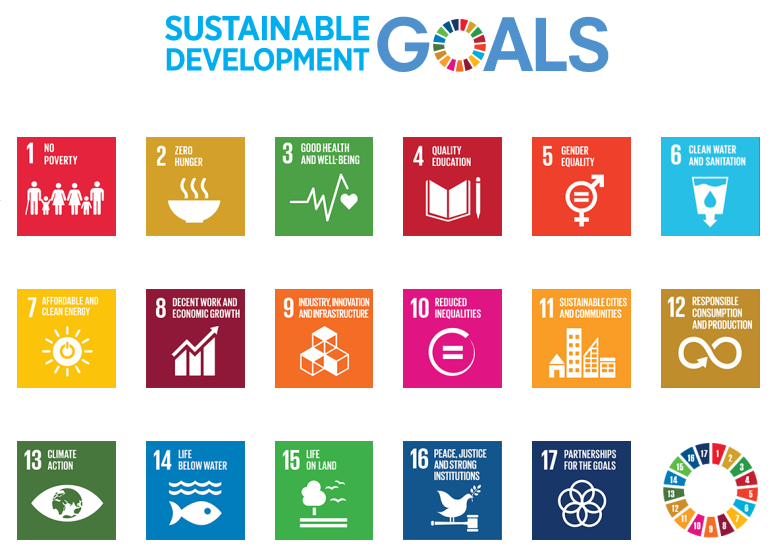
As described in the text described above, our personal actions are also required for a sustainable environment.
This also includes thinking about the terms in the graphic
- “Reduce” is necessary to minimize the consumption of resources and prevent waste from the outset, resulting in a more sustainable way of life.
- “Reuse” is important because it promotes the longevity of products and reduces the waste of resources by reusing items.
- “Recycling” is indispensable, as it converts waste into valuable raw materials, thus reducing environmental impact and conserving natural resources.
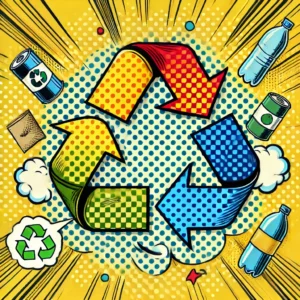
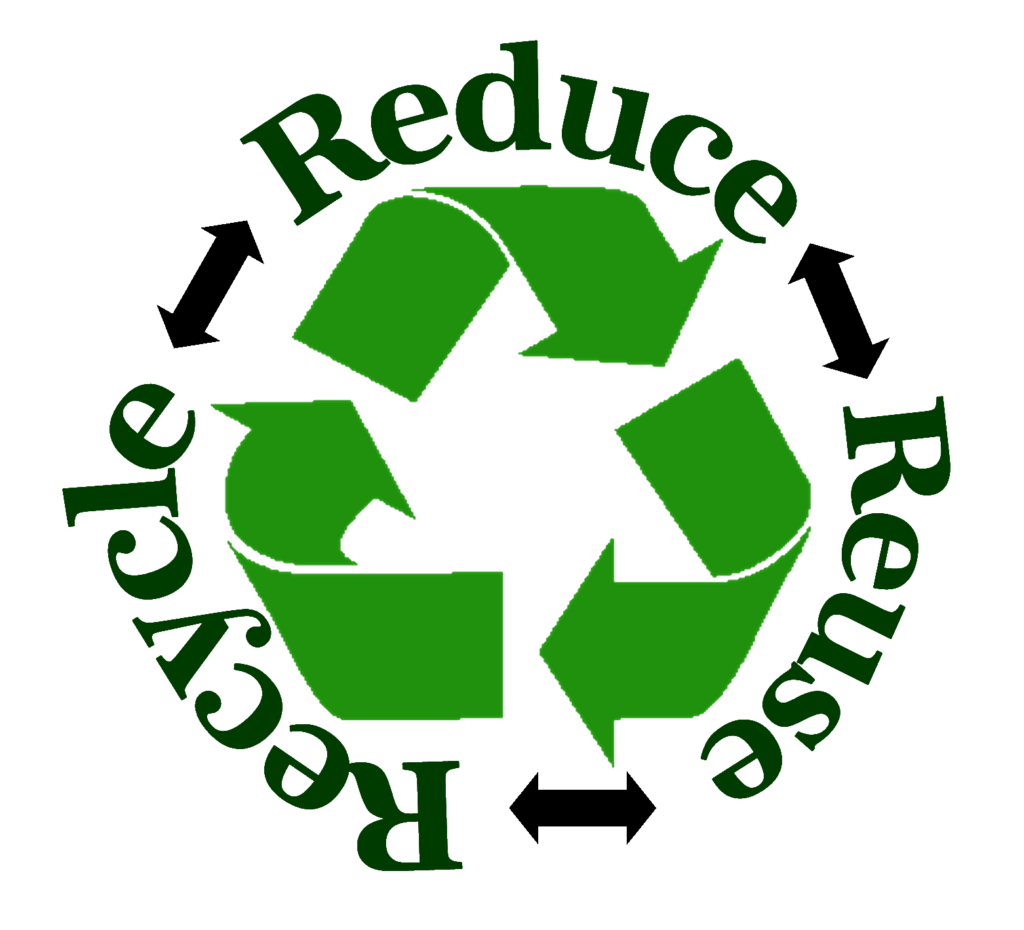
A cooperation between “Bintumani D-SL” and “Technology without Borders” (Germany),
with the partner in Sierra Leone
“Next Chance” in Makeni

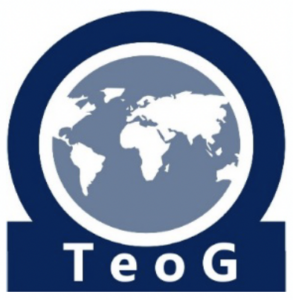

Bintumani D-SL ended its cooperation with Next Chance in November 2025.
Mr. Marah, the chairman of the NGO Next Chance, led the workshop to ruin in 2025. It is now unusable and the invested capital is lost.
As a result, the plastic recycling project in Makeni is no longer continued and no longer supported by us.
A plastic recycling workshop is being built at Next Chance Innovation Hub
This post is also available in: Deutsch




